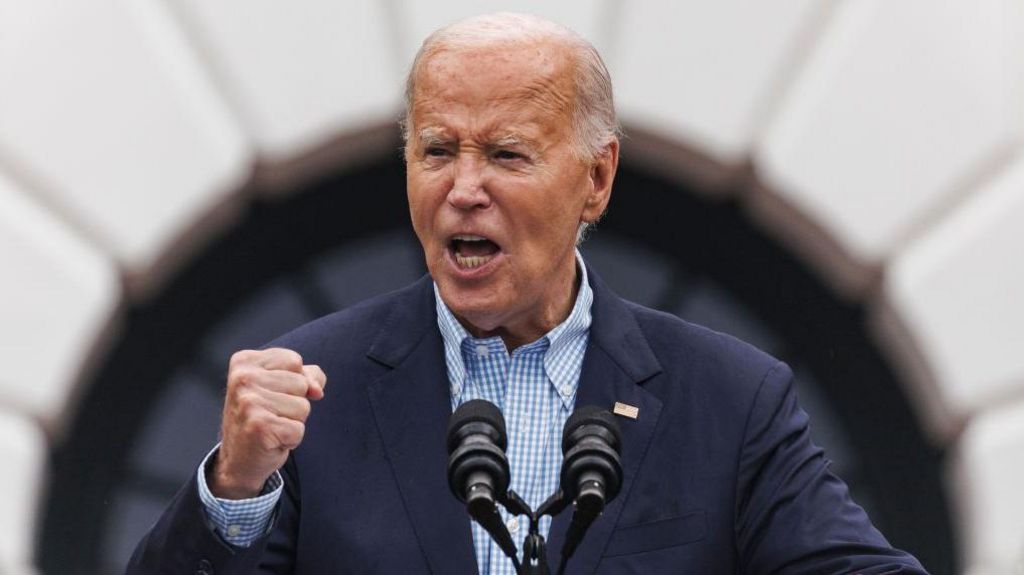Outgoing U.S. President Joe Biden on Monday unveiled new export restrictions on state-of-the-art artificial intelligence technology, including chips and AI models used for software.
This is in an effort to keep it out of the hands of adversaries.
A group of 20 partner countries would be exempt from the restrictions, which were announced just a week before Biden leaves office and could still change following input by experts and industry insiders.
“In the wrong hands, powerful AI systems have the potential to exacerbate significant national security risks, including by enabling the development of weapons of mass destruction.
“It is supporting powerful offensive cyber operations, and aiding human rights abuses, such as mass surveillance,’’ a White House statement said.
The “overwhelming majority of chip orders’’ will not be affected as they do not contain cutting-edge technology, meaning the impact on universities, medical institutions and research organisations will be minimal, it said.
The Biden administration said that it would ensure that the U.S. opponents do not obtain the advanced tech.
It also created carves outs for entities in allied countries that have been proven to meet high security standards.
The U.S. government has already restricted exports of AI chips to China, a step felt by U.S. firm Nvidia, a leader in AI chip making.
Nvidia’s chip systems are used around the world to train applications using artificial intelligence.
Heavyweights such as Google and the Meta group use them to fill entire data centres but AI start-ups such as the company behind ChatGPT, OpenAI, also rely on them.
